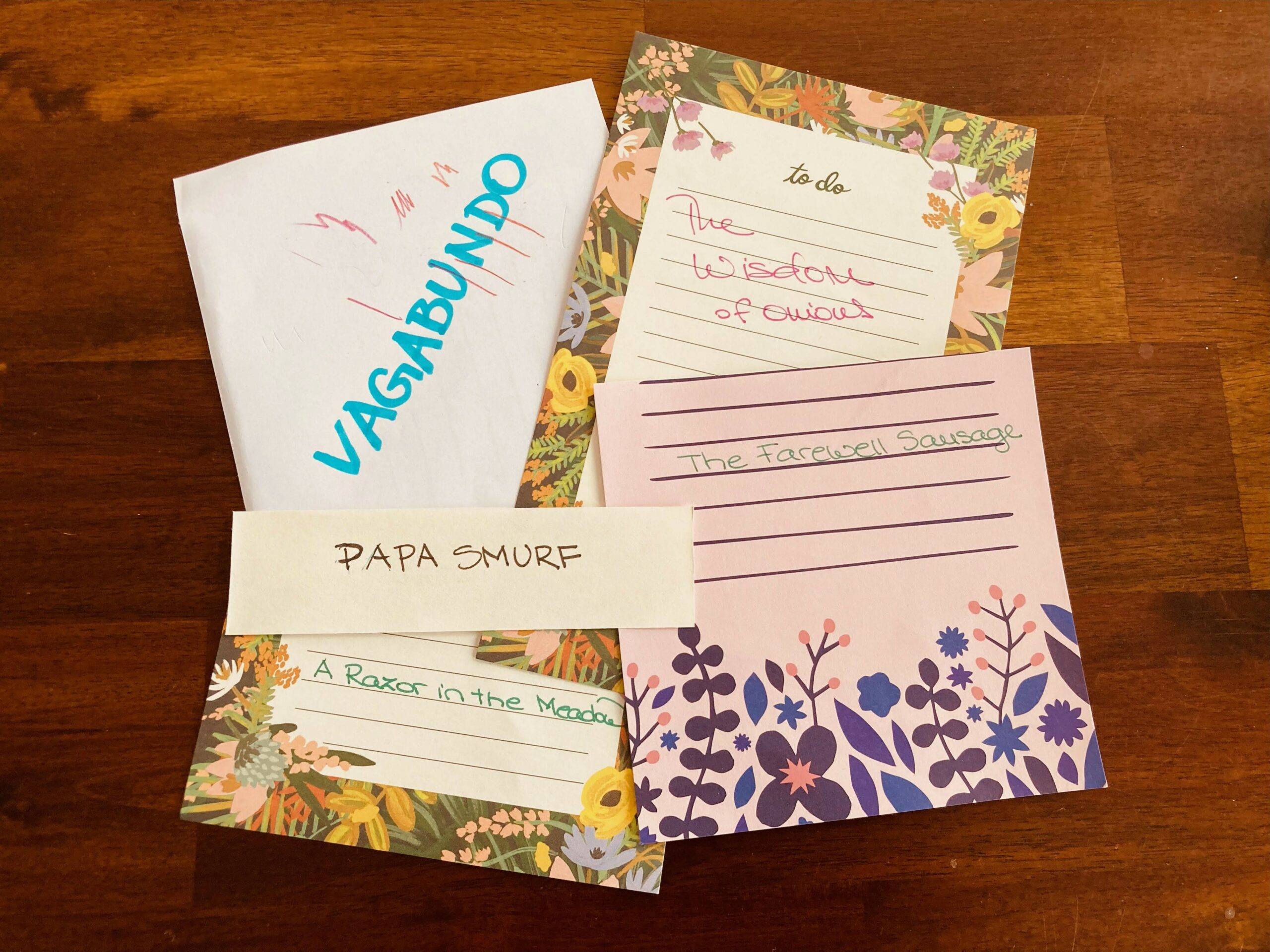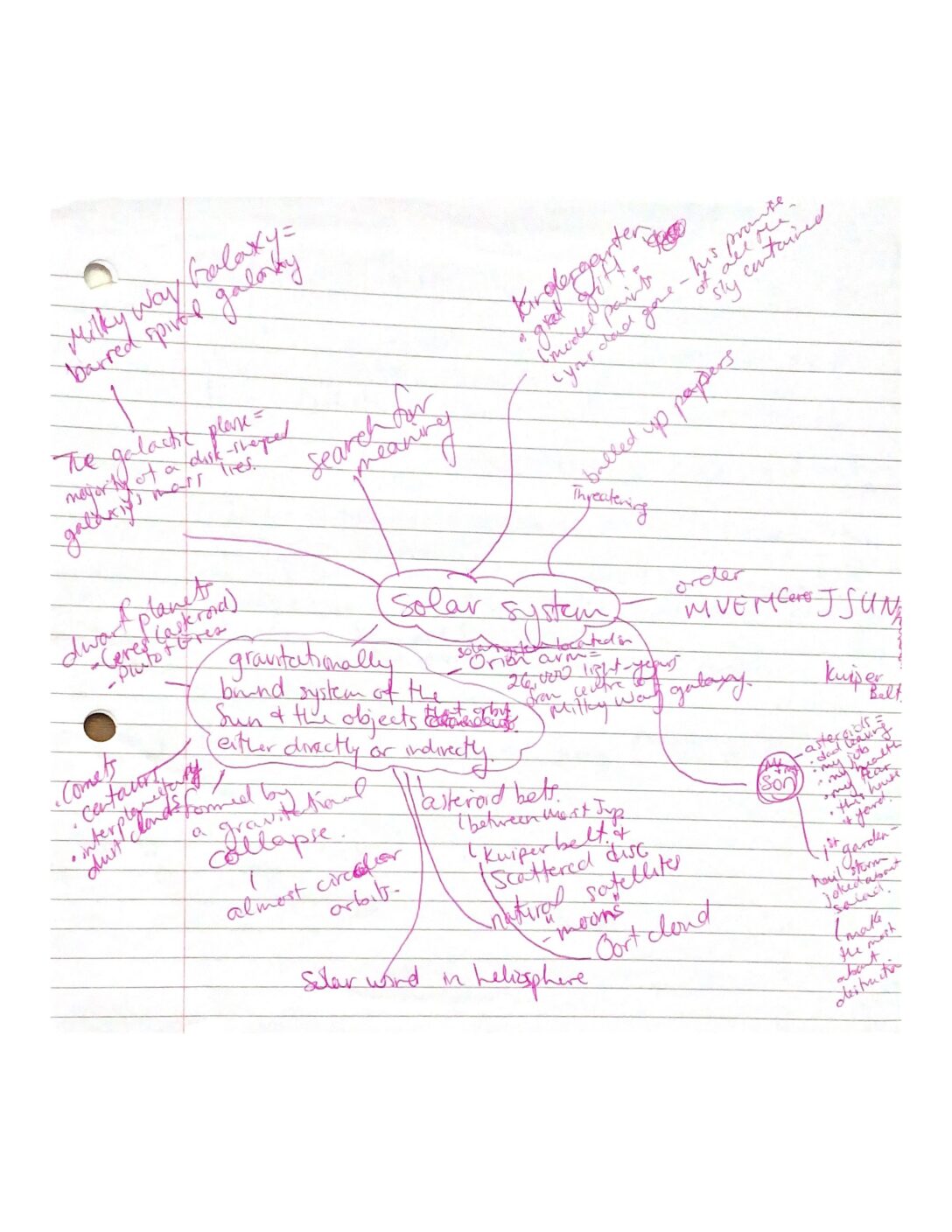Finding the Form with Brian Henderson
So, this poem, bent water light something: Does it ever happen to you that a feeling, seemingly out of nowhere, will sweep through you, an awareness of something but you’re not quite sure what it is? Standing at the kitchen window looking out into the sun-splattered cedars one spring morning while making coffee, that kind of strange sensation washed through me, a sort of wave-spell or possession, or perhaps dispossession, but a haunting certainly. A feeling of familiarity, almost nostalgic, but at the same time not, more like defamiliarization, like a déjà vu but not quite that either. A déjà rêvé? Certainly memory-like, but there was no specific memory, kind of like a timewarp in space – one of the dark pits in a Murakami novel perhaps, but luckily I was in our kitchen – I think.
“Standing at the kitchen window looking out into the sun-splattered cedars one spring morning while making coffee, that kind of strange sensation washed through me, a sort of wave-spell or possession, or perhaps dispossession, but a haunting certainly.”
Maybe time really does bend around the gravity well of feeling, but it was a feeling in which the me of me was displaced. An immersion in a somehow fragilely sacred memory-ness filled with glimmerings and shadows. And as a result (and ha! once I’d recovered so to speak), the poem became central to the journey that turned out to be unfinishing, just published in the Hugh MacLennan Poetry Series at McGill-Queen’s.
Brian Henderson is a Governor General Award finalist (for Nerve Language, Pedlar Press 2007) and a finalist for the Chalmers Award for Sharawadji (Brick Books, 2011). He is the author of twelve books of poetry. His latest is Unidentified Poetic Object from Brick (2019). He has a new book, unfinishing, forthcoming from MQUP. Visit him at brianhenderson.ca
Photo by Cristian Palmer on Unsplash



